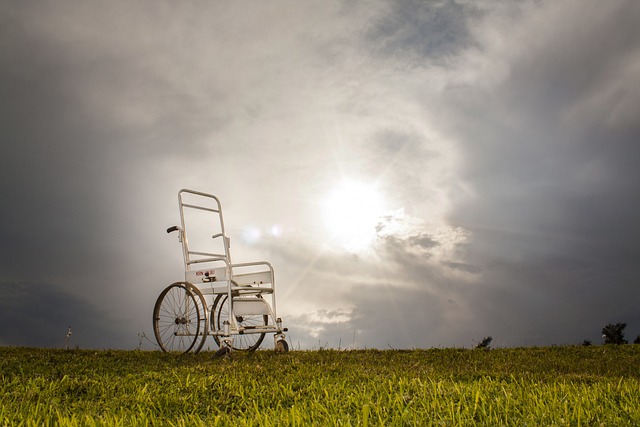Res(crip)ting the Gaze
Agency and the aesthetics of disability in ‘Animal’s People’
DOI:
https://doi.org/10.31273/eirj.v10i2.1127Keywords:
agency, disability, disaster, Anthropocene, body, religion, logo, simplicity, memorability, versatility, distinctness, appropriatenessAbstract
The interaction between human and humans, and the environment is crucial to understand the signature of the human impact upon human bodies as well the environment.
This article takes into consideration Indra Sinha’s ‘Animal’s People’ that unravels the life of the eponymous character, Animal – a victim of a gas leak in his village of Khaufpur (alluding to the Bhopal Gas Tragedy). Animal comes to be known so after the gas leak twists his spine, rendering him to walk on all-fours.
I will engage in a close reading of the primary text, placing it in conversation with the theories of Jasbir K. Puar, Tobin Siebers, and Rosemarie Garland-Thomson. I will investigate the porous boundaries of dis/ability in the face of Anthropocenic disasters, the aesthetics of disability politics – the visibility of the disabled protagonist who refuses to be obliterated and strikes back by negotiating his peripheral and perilous position bringing to the fore the biopolitics that plays out in the Anthropocenic age, thereby linking ecology and civilization in adamantine chains.
Exchanges Discourse Podcast
Crossing the Creative Frontier: In Conversation with Sonakshi Srivastava [34:35]
Downloads

Downloads
Published
Issue
Section
License
Copyright (c) 2023 Sonakshi Srivastava

This work is licensed under a Creative Commons Attribution 4.0 International License.
Authors who publish with this journal agree to the following terms:
Authors retain copyright and grant the journal right of first publication with the work simultaneously licensed under a Creative Commons Attribution License (CC-BY), which permits use and redistribution of the work provided that the original author and source are credited, a link to the license is included, and an indication of changes which were made. Third-party users may not apply legal terms or technological measures to the published article which legally restrict others from doing anything the license permits.
If accepted for publication authors’ work will be made open access and distributed under a Creative Commons Attribution (CC-BY) license unless previously agreed with Exchanges’ Editor-in-Chief prior to submission.
Authors are able to enter into separate, additional contractual arrangements for the non-exclusive distribution of the journal's published version of the work (e.g., post it to an institutional repository or publish it in a book), with an acknowledgement of its initial publication in this journal.
Authors are permitted and encouraged to post their work online (e.g., in institutional repositories or on their website) prior to and during the submission process, as it can lead to productive exchanges, as well as earlier and greater citation of published work. (see: The Effect of Open Access)
